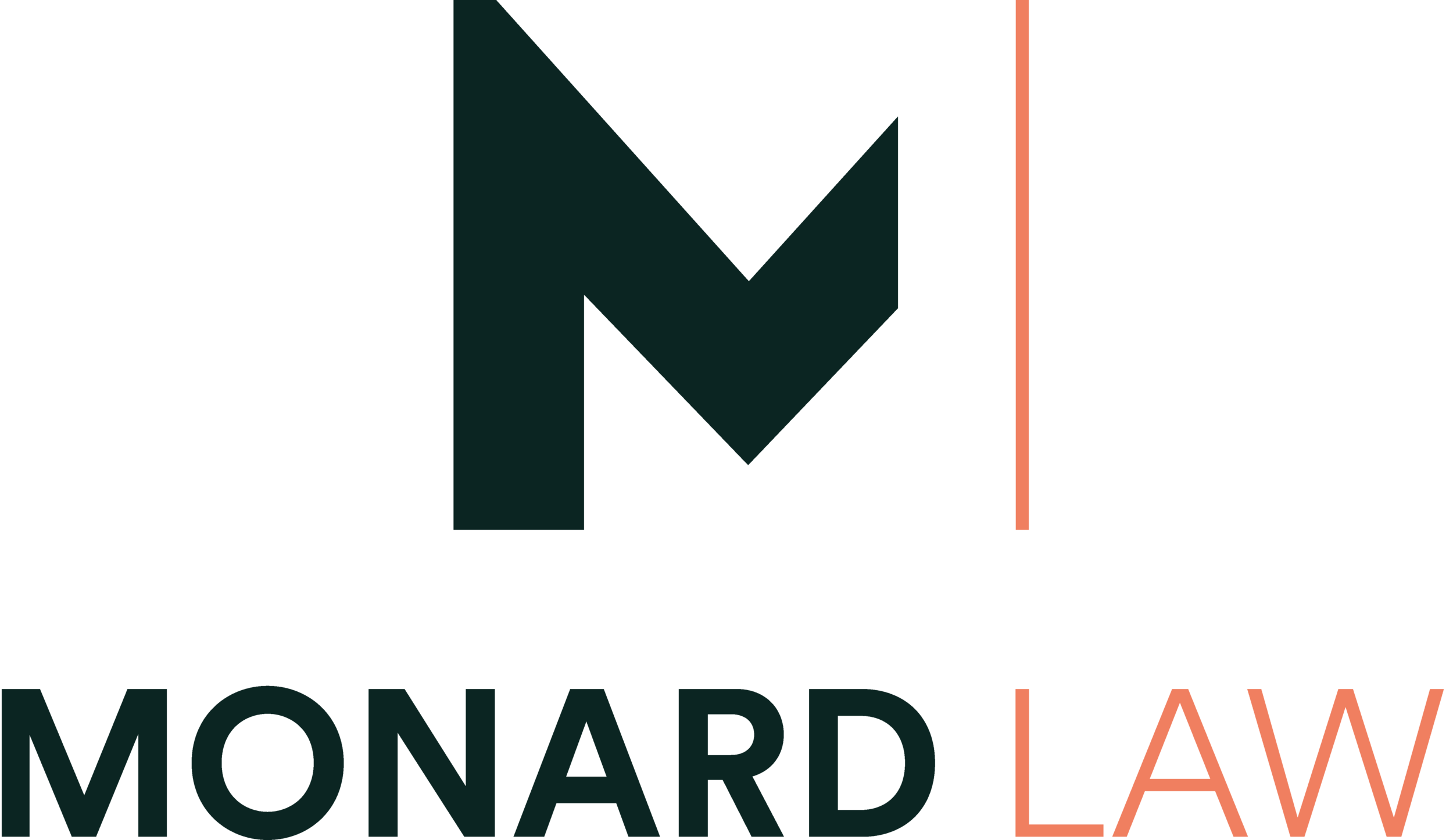Employing a foreign national in Belgium – do you need a work permit?
Bert Theeuwes
Saskia Lemeire
Ségolène de Borchgrave
If you wish to employ a foreign national in Belgium, you may need to obtain a work permit for your future employee. In principle all ‘third country nationals’ – i.e. persons who are not nationals of an EU Member State or of Switzerland, Liechtenstein, Norway and Iceland – must apply for a work permit, but exemptions exist for specific categories of persons. A work permit is only granted if a specific justification is available for employing the foreign national in Belgium. Depending on the justification, different requirements and procedures apply.
In principle, a work permit is only granted if a (Belgian) employer cannot find a suitable employee on the Belgian labor market within a reasonable time. However, subject to specific conditions, work permits can also be granted to specific categories of people and functions. By way of example, a work permit can be requested for the following categories (please note that this list merely provides some examples and is not exhaustive):
Highly educated employees;
Employees with a management/executive function;
Professional athletes;
Artists;
Professors and scientific researchers;
Employees in a so-called ‘profession in shortage’;
Etc.
The advantage of requesting a work permit for one of the specific categories of people and functions is that, if the applicable conditions are met, it is quasi certain that the application will be successful and a work permit will be delivered. This is not the case if a general work permit is requested outside one of the specific categories of people and functions.
A work permit application must be submitted by the employer to the competent regional authority (in Brussels, Flanders or Wallonia) depending on place of employment. Belgium has strict rules on the use of languages, so depending on the competent regional authorities all documents will need to be provided in Dutch or French.
For most types of work permits (but not all), the so-called ‘single permit’ procedure must be followed. This means that the application and all supporting documents (both relating to the work permit and the residence permit) must be submitted as one file by the employer in Belgium. The single permit procedure was introduced in 2019 in order to replace the previously existing, more complex procedures. Instead of having two separate procedures (one for a work permit and one for a residence permit), the single permit procedure requires one application procedure and results in one permit, which includes both the right to reside and to work in Belgium. For a single permit procedure, once the application is submitted and is declared complete, the authorities must make a decision within 120 days (4 months). Once the single permit is granted, the employee can request a visa to travel to Belgium, where he/she can collect the single permit from the municipal authorities.
In practice, it requires more time now – since the introduction of the single permit procedure – to obtain a work permit than in the past. It is thus important to submit all required documents correctly when submitting the application and to follow up correctly and timely with the authorities.
* * *
Need help? Do not hesitate to contact our China Desk for further questions or assistance during the application procedure.
